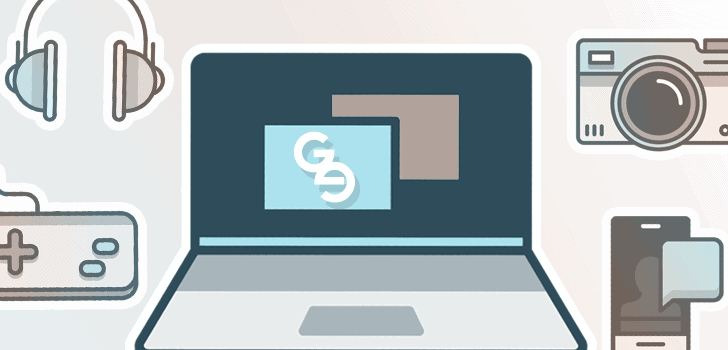It’s about as big as a grain of sand, but it’s powers are mighty. The tiny object in my hand represents the future of medicine. It’s part of a pill, but not a pill as we know it. It’s a minuscule silicon sensor, embedded inside a white pill coating.
When you swallow this pill, the magnesium, copper and gold on the sensor interacts with your stomach acid. This causes an electrochemical reaction that transmits code from your stomach to the white sticker on your arm.
The code carries a whole lot of information. It’s got the exact time you took your medication, what it was, how much you took, your heart rate and your activity levels. The skin patch transfers your stomach data to an app on your phone, where you can monitor yourself, and to an electronic dashboard at your doctor’s surgery. The smart pill/skin patch/app combination keep you and your doctor aware of exactly how you’re doing. Any problems, she is notified right away.
Changing medical treatment with information
It’s easy to see the positive implications of smart technologies like this for medicine. If you forget to take your meds, you’re reminded. If you take too much in error, not only can your doctor see it on the dashboard, she can also see the physical indicators that all is not well. For example, your heart rate might rise dramatically, or fall. For the first time, she’ll also know if you’re telling the truth about your exercise regime!
A system like this could also dramatically reduce the number of preventable medication errors. It may surprise you to learn that annually, more than 100,000 American citizens die from bad reactions to the drugs they are prescribed. Although researchers aren’t sure how many of these deaths are linked to medicine dispensary errors, they know that medication errors play a major role. Recent American research findings showed that medication mistakes happen in about one of every eight prescriptions.
It’s a miracle that people survive at all, given recent research suggesting that up to 50% of patients don’t follow their doctor’s instructions or take their prescribed medications. And that’s only patient-side error. Recent research by Patient Claim Line, a medical specialist law firm, found that errors by pharmacists were also common. The errors they found fell into five main categories:
- mistakes in preparation of the medicine
- giving the incorrect dose
- administrative errors such as selecting the incorrect medication on a prompt
- preparing medication using out of date or damaged ingredients
- giving the patient the wrong usage instructions for the medicine
A case study in smart medicine
Smart sensor systems like my little pill are already being taken up by hospitals in an attempt to provide faster feedback loops to doctors and patients alike.
Barton Health is a Californian Hospital that has begun using a mobile sensor to track how patients with hypertension. The CEO of Barton Health is enthusiastic about the benefits of smart medicine, saying that “This new product offering provides a data-driven communication channel between the medical provider and the patient that empowers the patient to take the appropriate dose of medication and better understand the importance of daily activity levels and other lifestyle changes.”
Barton Health is using the Proteus system; a pill whose sensor is auto-activated when it breaks down in the stomach. The patient wears an adhesive patch, which transmits data to a app. From the app, the patient can share data with their doctor. One of the benefits of smart medicine is that is allows patients to become more proactive and engaged in their own care. It also allows healthcare providers to give higher quality care and management of chronic conditions.
Smart medicine allows individualized treatments
The latest thinking on big data in healthcare acknowledges that there is no such thing as an ‘average’ patient. Instead, big data allows a healthcare provider “to draw a comprehensive picture of the patient as an individual, in order to offer a tailored healthcare package”. Technology allows us to gather individualized data, so doctors can give a personalized response. With the best information, our medical professionals can make the best decisions.
